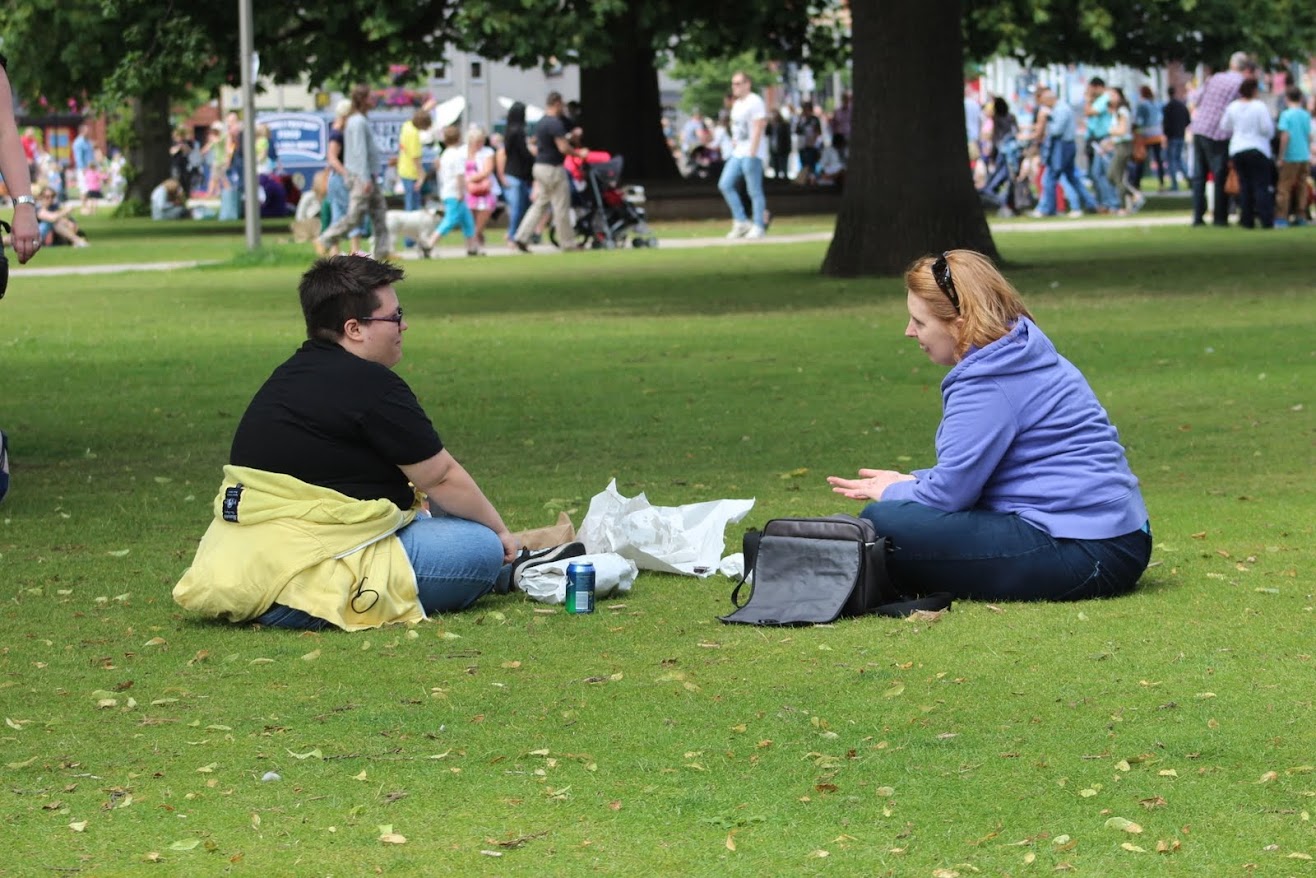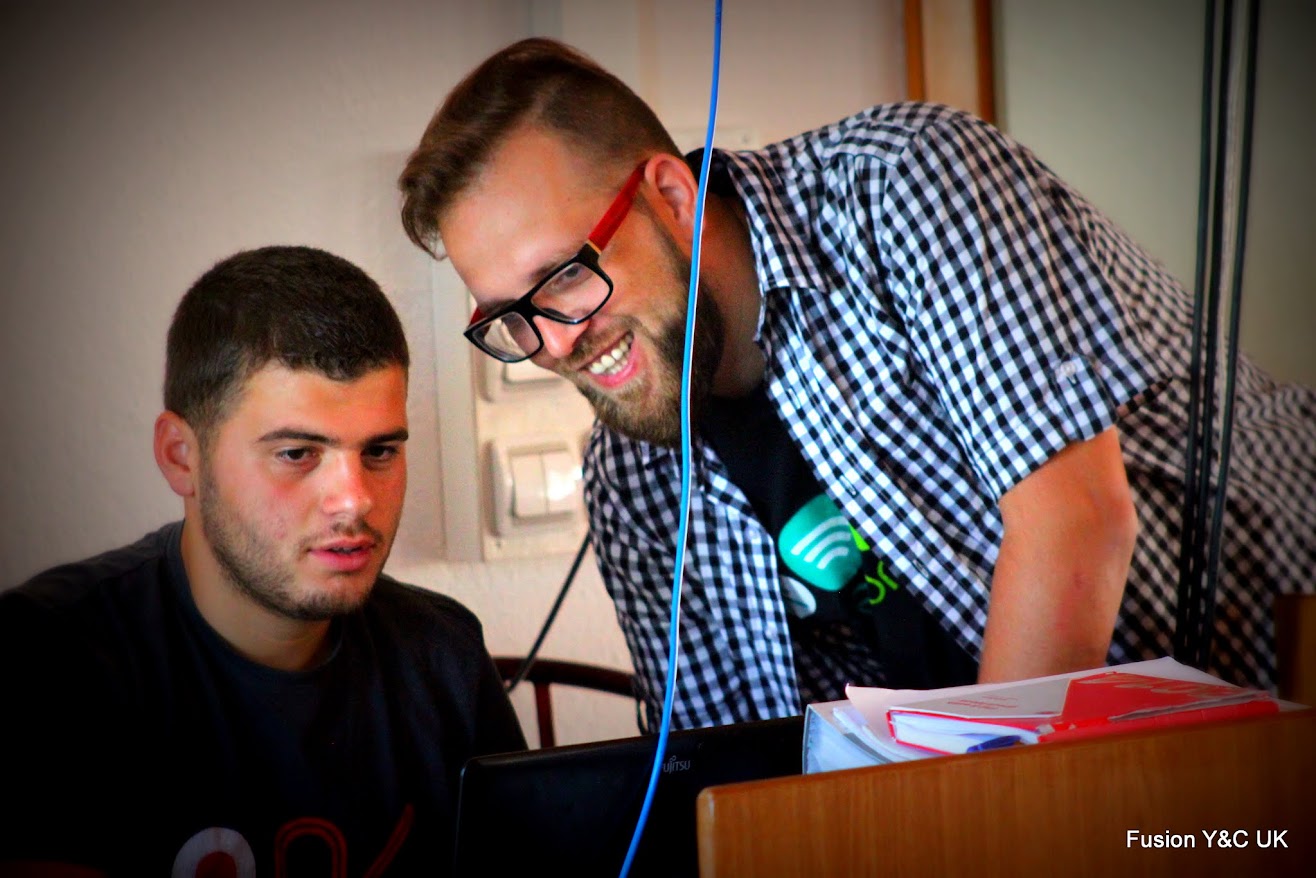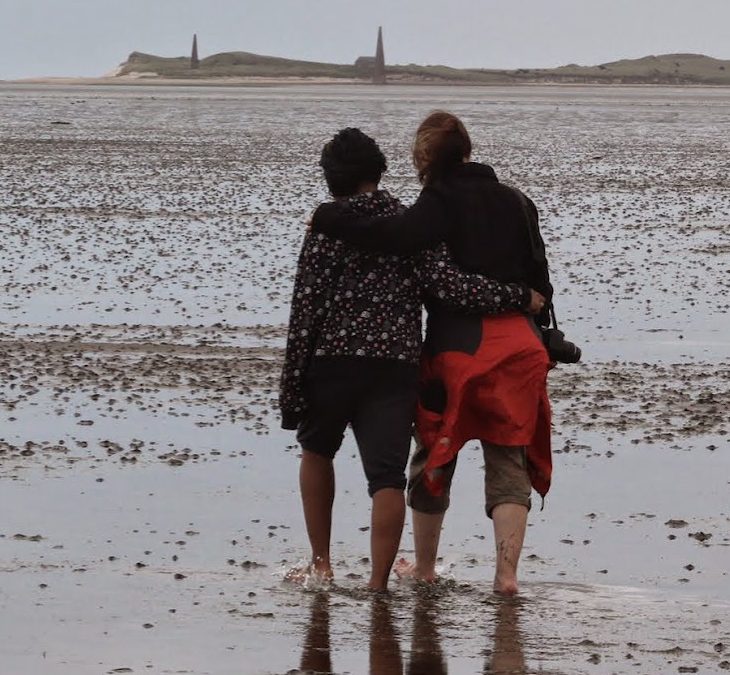Blog Post
Coaching Friends
moving forward with hope
‘I have a friend,
who is a coach, should I hire them as a coach even though we know each other quite well?’ This is a great question and one that comes up regularly for me as a coach. Friends and colleagues who really like the idea of coaching but aren’t sure if it’s wise to sign up with someone they already know.
Over the years I have had the privilege of coaching a number of friends and colleagues as well as some peers. Over time I have been able to see what works and what doesn’t and with my Supervisor I have developed a really helpful process for managing this particular scenario.

Although it can feel
a little daunting it isn’t an unusual situation – many organisations intentionally set up a coaching culture that includes both peer coaching and coaching by line managers. Some coaches even have an innate gift which enables them to coach everyone around them without them realising it!!
Transformative coaching however, by its nature becomes quite personal and you may not want to go there with someone you know. Some of us find it easier to be transparent with someone we dont know, and being transparent is key if you want to deal with the roots of things that might be holding you back. I tend to use transformative or co-active coaching in my process as people I work with tend to be hungry for real growth and change, and ready to put in the hard graft to get there. Many folks come with a fairly straightforward goal or transition they need support with, but before long the ‘threads’ have led them to what lies beneath their stuckness. This journey takes courage and for some journeying there is easier with a friend, for others a stranger makes it easier.

If you decide to opt for working with someone you know, here is an outline of the process I have developed for working with friends; it helps keep things safe, easy and fruitful. Feel free to take it to the coach-friend you want to hire and develop what works for you both.
My process is based on the principles of intentionality and clear boundaries.
- Sessions are formally arranged.
- Sessions are clearly demarcated in time and space – we both know when the session is starting and when it ends.
- At the start of the session we acknowledge that the normal basis of our relating is put aside (we ‘take off’ those ‘hats’), and we step into a different mode of relating, as coach and coachee (we ‘put on’ these new ‘hats’).
- We both specifically reaffirm the confidentiality of the coaching session which means that what we cover in our time together will not be brought into other settings in which we relate.
- The session is carried on in a formal and structured way but with ease and plenty of grace as with any other coaching session I undertake.
- As with any coaching session you will actively shape the aim of our time together.
- There is a clear end to the session which usually includes
- Clear action points for you to undertake before our next session
- Clarity on if and how you want to remain accountable to me between now and our next session.
- Scheduling our next session.
- Finally we intentionally ‘take off’ our coach and coachee ‘hats’ and ‘put’ our normal ‘hats’ back on. And so the session ends.
As a coach I am always honoured to hold sacred space for a friend and be with them as they take their unique journey in hope and life.

